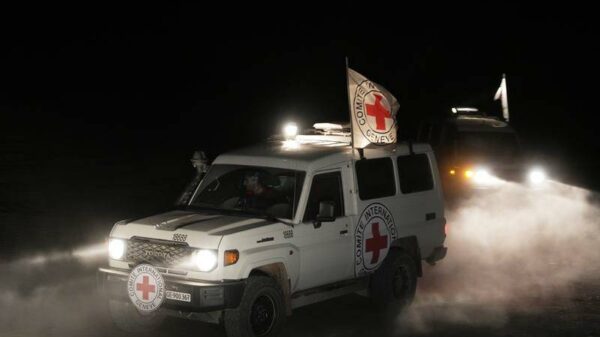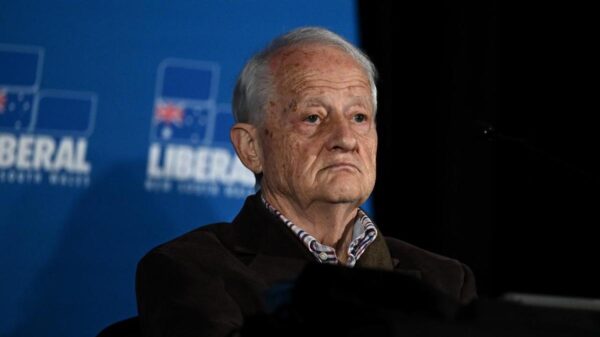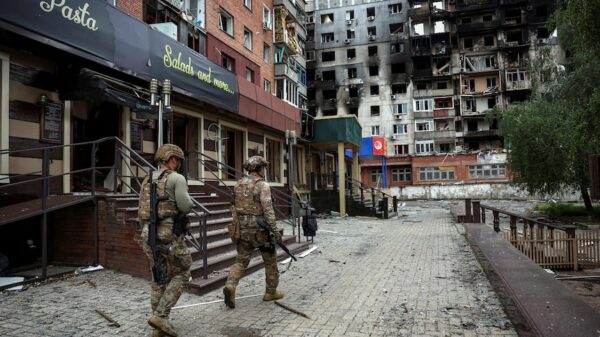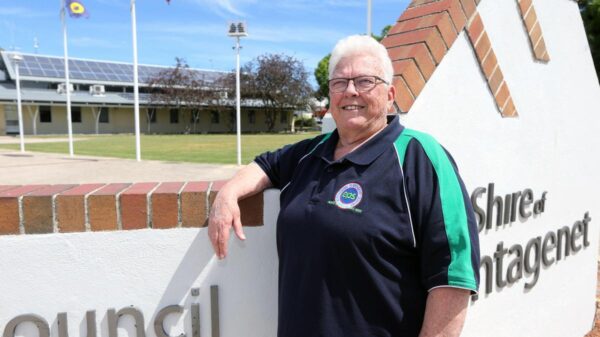The troubling history of Nazi war criminals in Australia has resurfaced in the wake of recent investigations led by journalists and historians. The publication of *Nazis in Australia: The Special Investigations Unit, 1987-1994*, edited by Mark Aarons and compiled by Graham Blewitt, sheds light on the efforts made to address this dark chapter in the nation’s past.
The Context of War Crimes in Australia
Following the end of World War II, numerous individuals responsible for horrific atrocities fled to Australia, seeking refuge from justice. The authors of the book detail harrowing accounts of war crimes committed across Europe, where innocent people suffered unimaginable violence. In places like Serniki, Ukraine, and Liepaja, Latvia, witnesses recall the brutal realities faced by families during the Holocaust—unfolding narratives of torture, execution, and displacement.
Despite the sacrifices made by around 27,000 Australians during the fight against fascism, many of these veterans returned home only to coexist with the very perpetrators they fought against. The investigation into these war criminals began to gain momentum in the 1980s, sparked by Aarons’ journalistic inquiries into Nazi collaborators residing in Australia.
In 1986, the Menzies Review was initiated, uncovering approximately 70 cases of suspected war criminals. This led to the establishment of the Special Investigations Unit in 1987, under the leadership of Prime Minister Bob Hawke. The unit aimed to investigate these allegations, boasting a diverse team of around 80 staff from various professional backgrounds.
Efforts and Challenges in the Pursuit of Justice
*Nazis in Australia* chronicles the extensive efforts and emotional toll experienced by the team members of the Special Investigations Unit. Blewitt, who served as the unit’s director, compiled testimonials from colleagues, including lawyers, historians, and police investigators. Their dedication to uncovering the truth and bringing war criminals to justice is palpable throughout the book.
The investigators faced numerous challenges, including navigating complex bureaucratic systems and combating the misinformation spread by perpetrators who had assumed false identities. They sought evidence across countless international borders, meeting with victims’ families and utilizing original documentation from Nazi officials.
One police investigator reflected on the chilling efficiency of the Nazis’ record-keeping, stating, “Being surrounded by such calculated racial and soul-destroying history, you could virtually hear the SS jackboots stomping up and down the corridors.”
Amidst these harrowing discoveries, the unit examined a total of 841 cases. Four cases were referred for prosecution, and three went to trial. Unfortunately, many cases were closed due to the suspects’ deaths or insufficient evidence, highlighting the significant obstacles faced by the investigators. In 1994, the Special Investigations Unit was disbanded under Prime Minister Paul Keating, just as they were on the verge of charging a major suspect.
The authors argue that this closure represented a regression in Australia’s commitment to confronting its past. They emphasize that the Special Investigations Unit symbolized a crucial effort to ensure that war criminals could not find sanctuary in Australia.
The book also addresses the normalization of Nazi ideology within Australia during the post-war period. Many former Nazis were welcomed as supposedly better alternatives to communists, revealing a troubling history of tolerance toward war criminals.
In conclusion, *Nazis in Australia* serves not only as a record of the efforts made by the Special Investigations Unit but also as a reminder of the atrocities committed and the ongoing necessity to confront these historical realities. Blewitt and Aarons invite readers to reflect on the implications of complacency and indifference toward the past, emphasizing the importance of justice for victims of violence.
As Australia continues to grapple with the legacies of its history, this book stands as a poignant call to recognize and address the past, ensuring that the horrors of history are never repeated.



































































